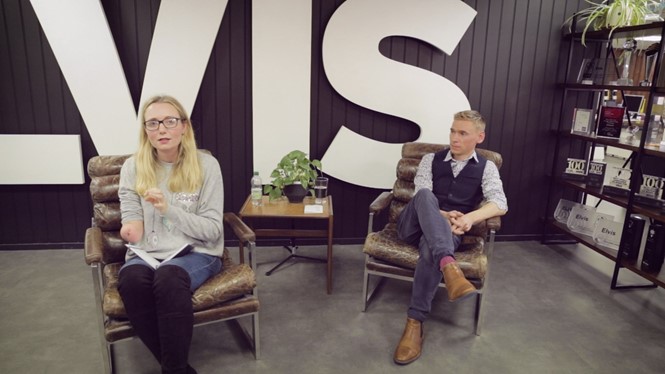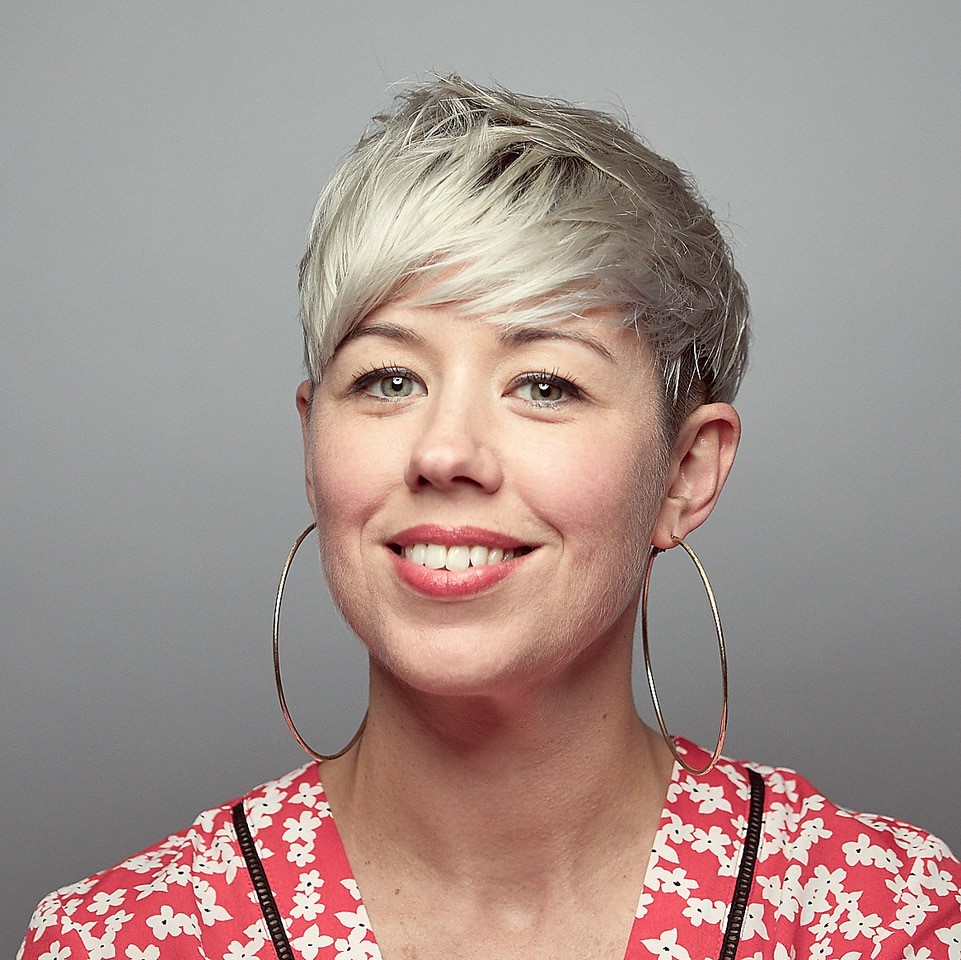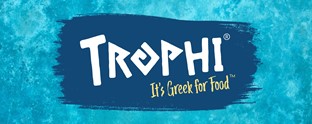Opinion: The real meaning of inclusivity

If you are not thinking disability, you’re not really embracing diversity. In the first of a two-part series Emma Gardner looks at why including disabled people in your workforce and in your marketing is vital
I’m proud to be part of an ad agency full of talented people who understand that diversity, both in our own environment and in our output, leads to much better results for clients. But like many businesses in the creative industries, whether they choose to admit it or not, disability wasn’t always a visible or conscious part of our strategy when it came to diversity and inclusion.
It wasn’t until I became a mother to my daughter Dotty that I began to consider disability as part of diversity. Dotty was born with a chromosome condition called STXBP1, a rare neurodevelopmental disorder that occurs in approximately 1 in 90,000 people worldwide. When Dotty was diagnosed aged two, I started to see the challenges she was surely going to face as a disabled child, and I began to draw from my personal experience to look for ways to highlight and change things in the only place I knew how: at work.
Representation of disability in our creative output is essential and, done properly, can have a wide and positive impact. But more broadly than that, there are many things that all creative businesses can start to do to ensure they are providing opportunities for disabled people to enter their workplaces.
Awkwardness and fear of getting it wrong stops many from including or even talking to disabled people, which inevitably means they are ignored and excluded. This has to change.
To quote Brené Brown: “To not have the conversations because they make you feel uncomfortable is the definition of privilege. Your comfort is not at the centre of this discussion.”
It’s vital for us to consider disability when we think about making our businesses more diverse. So why not start with whatever makes sense for you in your business today? Shake off the fear of getting it wrong, and don’t be deterred if you face criticism along the way. At least you’ve thrown your hat in the ring. Just hold your nerve and keep going. It’s the only way to move things forward.
With this in mind, leaders of businesses that pay lip service to diversity have to get past their fear and start including disabled people in the work they’re doing in this space.
We acknowledge that none of this is easy, and so it remains firmly on our agenda to ensure that we are creating better opportunities for disabled people to join our workforce, as well as to be cast in our ads.
Here’s how.
We talk openly about disability within the agency and share examples of best practice in other creative businesses.
We network with external organisations to help us make the right decisions. For example, connecting with Zebedee Management, which represents diverse talent, helped us improve our casting processes and resulted in us working in partnership with them to create our ‘Talent With’ campaign to raise awareness for cerebral palsy.
We have signed up to the Scope x Virgin Media’s #WorkWithMe campaign and attend training sessions such as ‘how to create inclusive businesses’, as well as meet ups on accessibility.
We have developed internal tool kits to equip employees, with guides on language, accessibility and inclusivity in recruitment.
The harsh reality is that many people haven’t come into direct contact with a disabled person in the workplace, so we create opportunities to make that happen, such as the talk we hosted with Cerrie Burnell and the shoots that take place in our photography studio with Zebedee talent.
Last year, we organised an industry panel event with an expert line-up, to open the conversation around disability. We are now working in partnership with Media Trust on a new Reframing Disability campaign to connect people in the creative industries with disability sector charities.
As part of a focus on accessibility online, we’re reviewing our own website and content. We’re also working in partnership with our testing company Zoonou to develop an accessibility approach for our partners and clients moving into 2020.
While our industry has a long way to go when it comes to making its workplaces more inclusive of disability, there are plenty of businesses doing great work in this space. Virgin Media has exec level accountability for disability in its organisation and cites it as one of the best things it’s done. It has appointed a senior champion for disability, whose job is to talk often and openly and ensure disability is a part of day-to-day inclusion all year round.
When advertising recruitment agency Prospectus signed up to the #workwithme pledge, it used its internal newsletter to continue the conversation, telling staff why it had got involved and sharing Scope’s #endtheawkward campaign. Prospectus also arranges training for its employees, with guidance on writing inclusive role descriptions, and inclusive shortlisting and interviewing techniques.
Every step towards true inclusivity is a step in the right direction. Start now, accept that there will be challenges, learn as you go and keep going.
Emma Gardner is managing partner at Elvis













